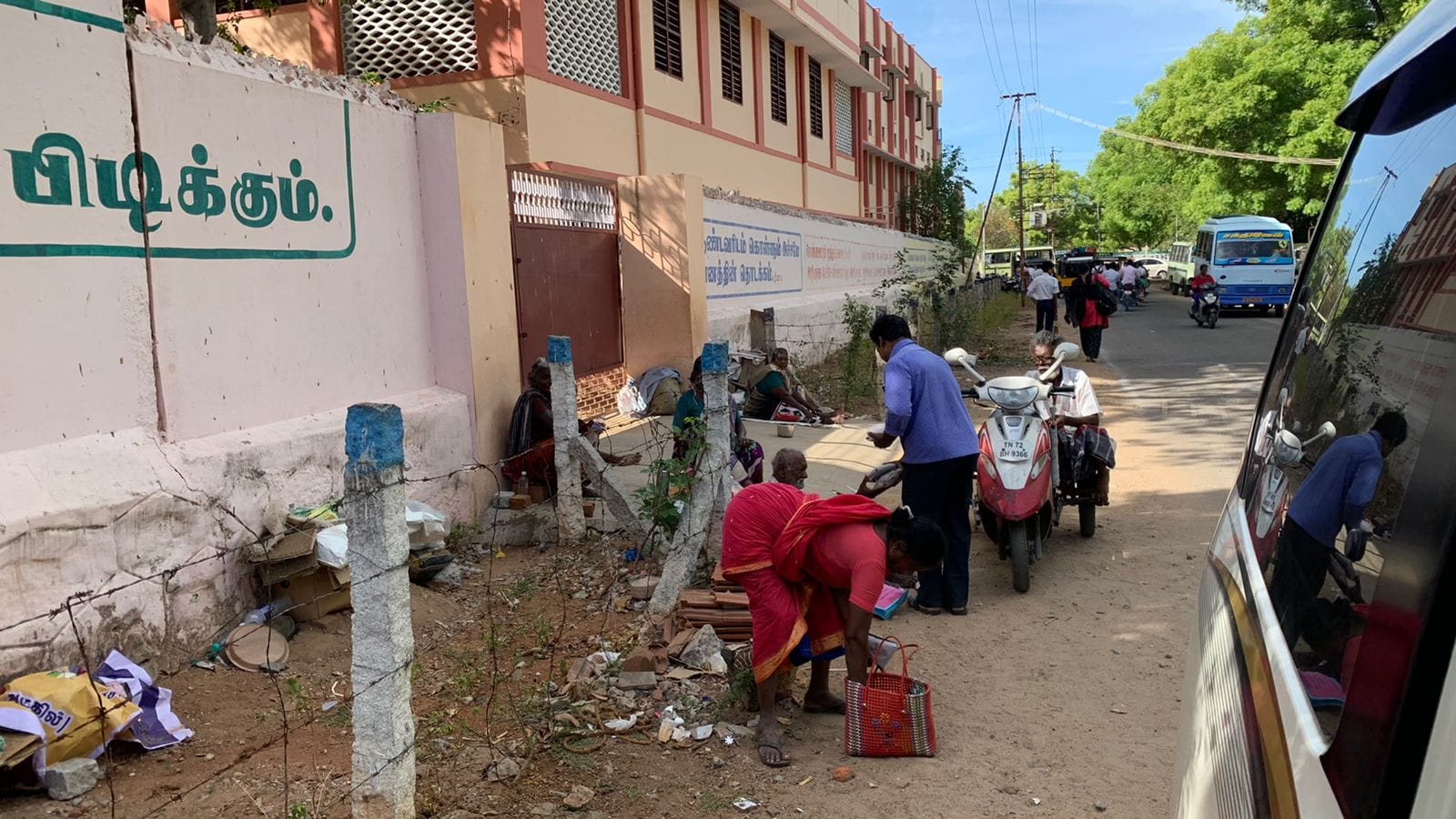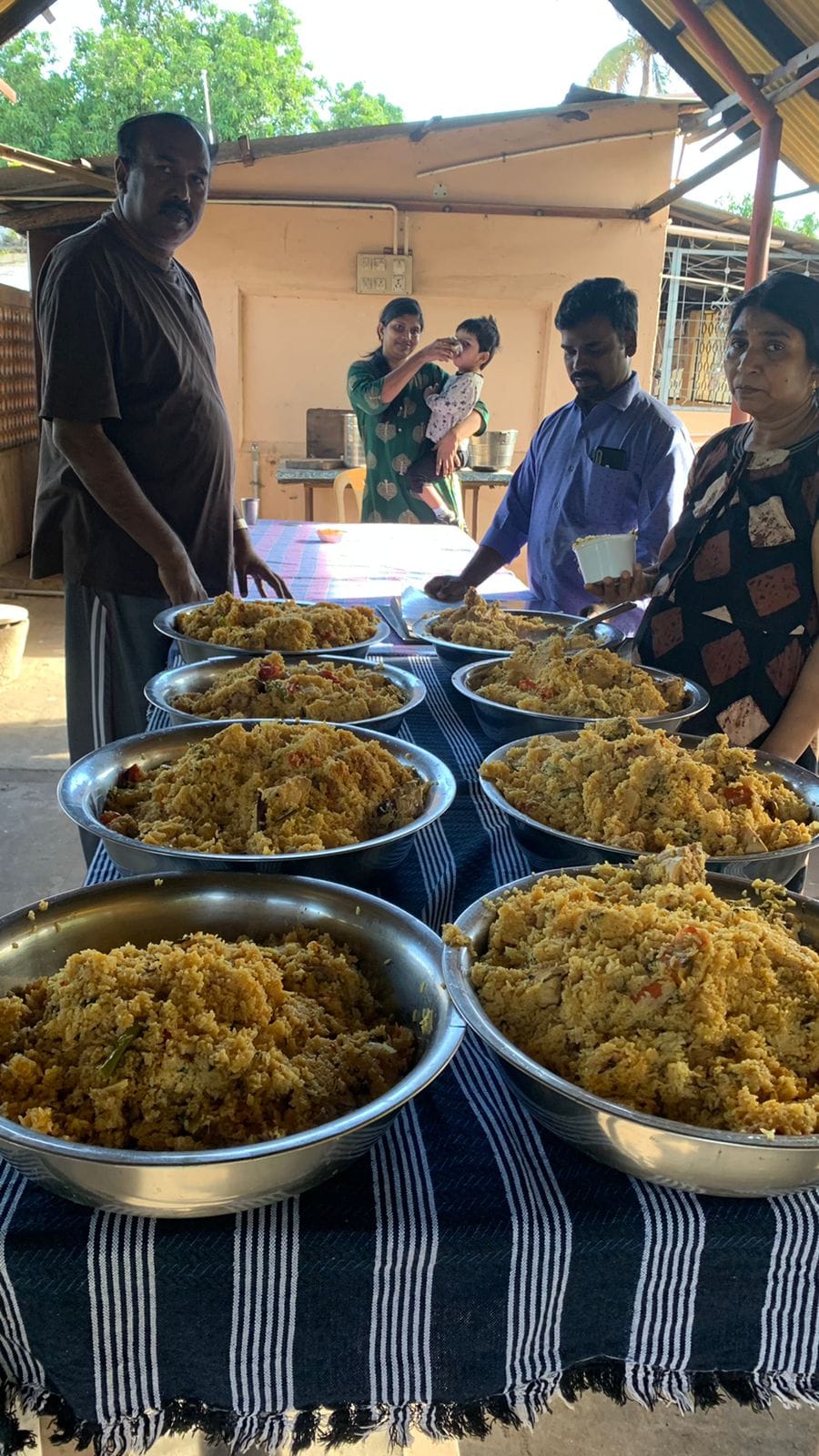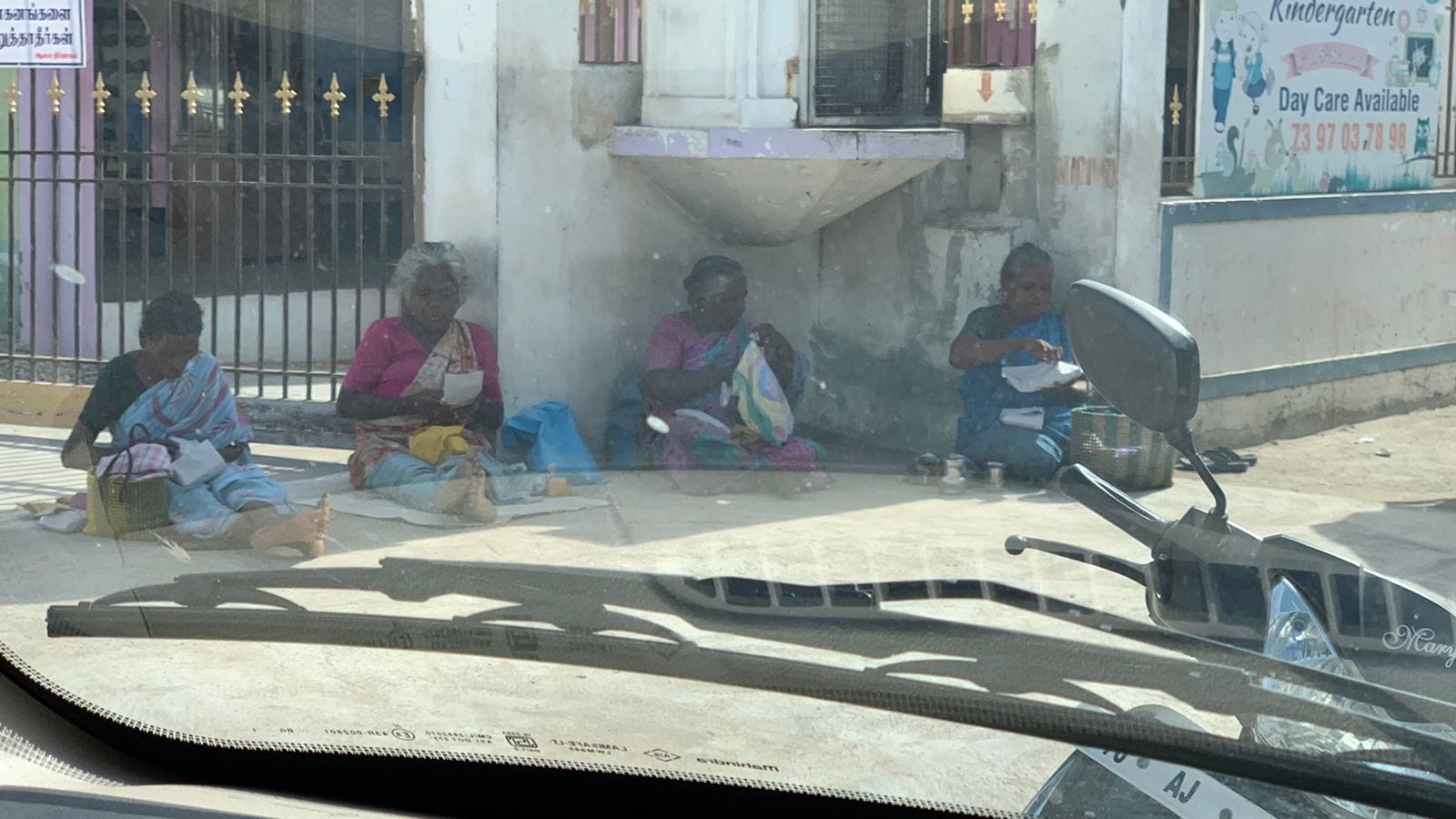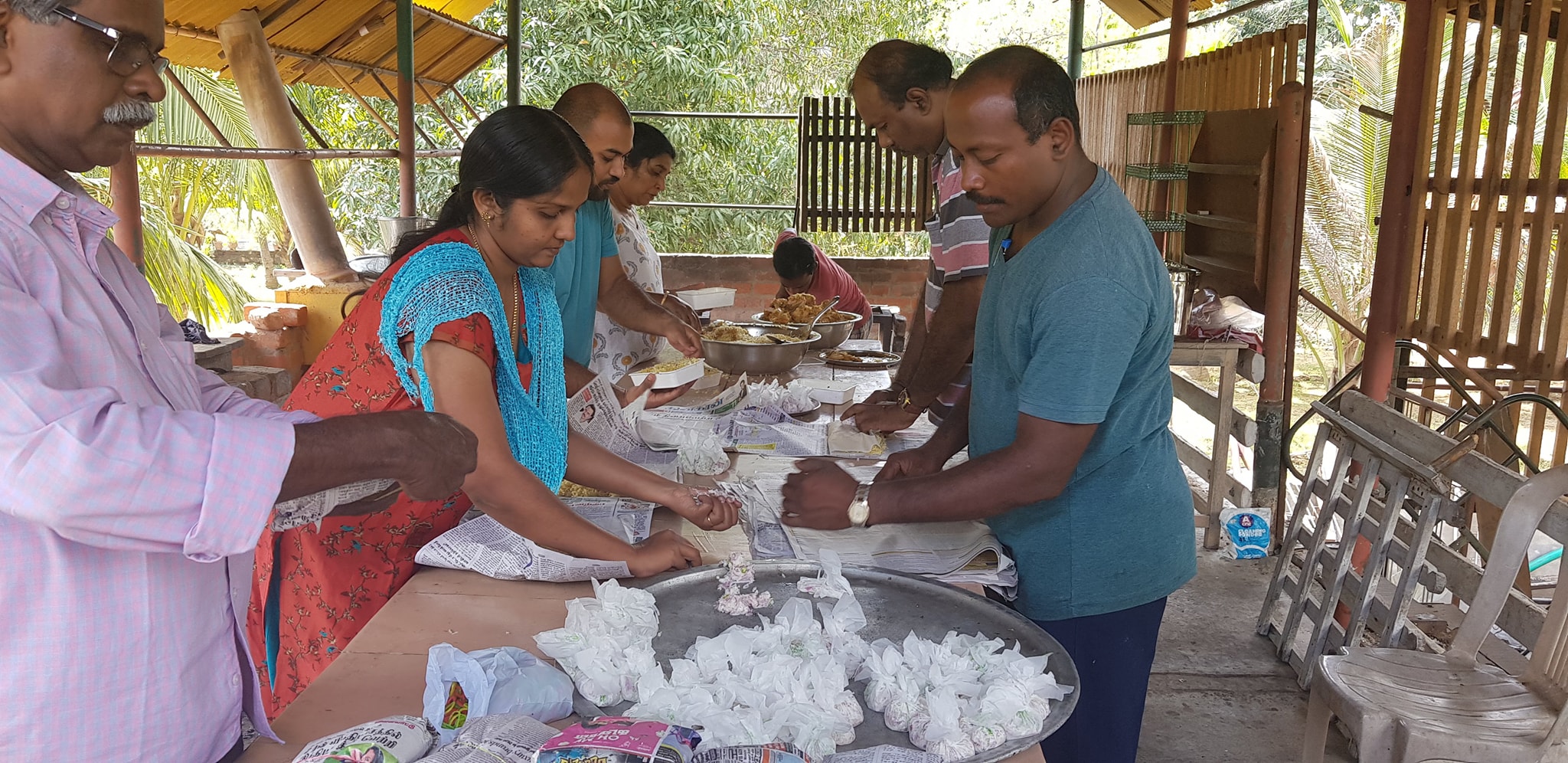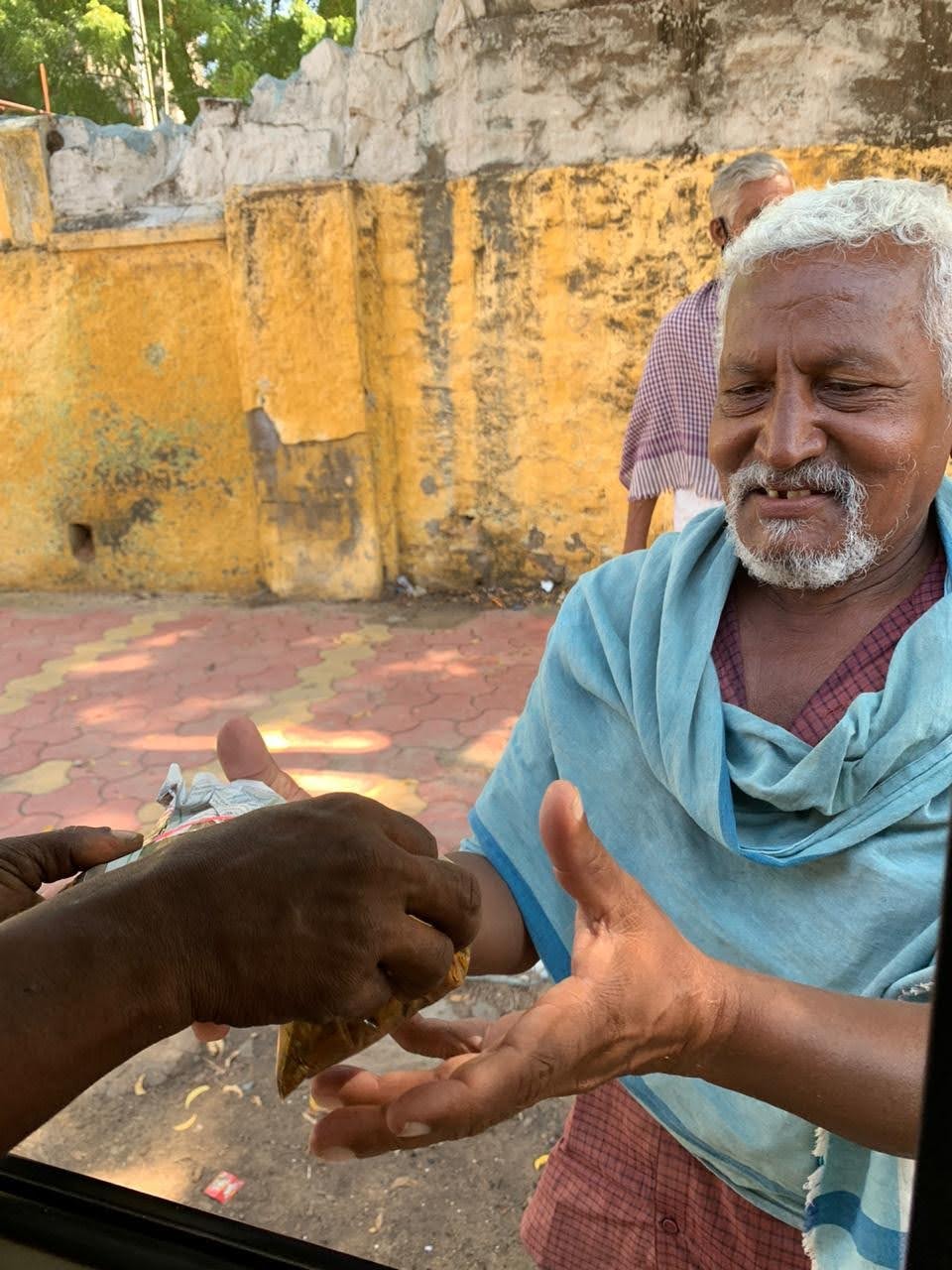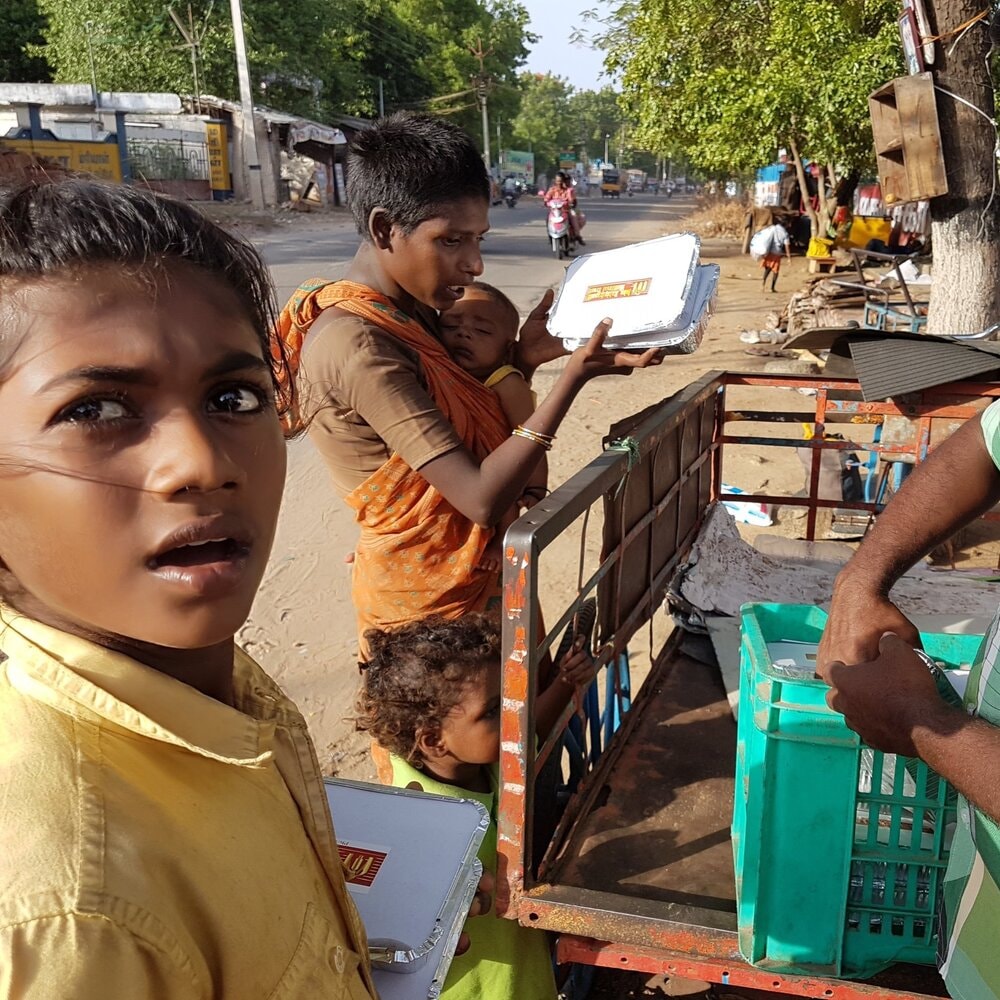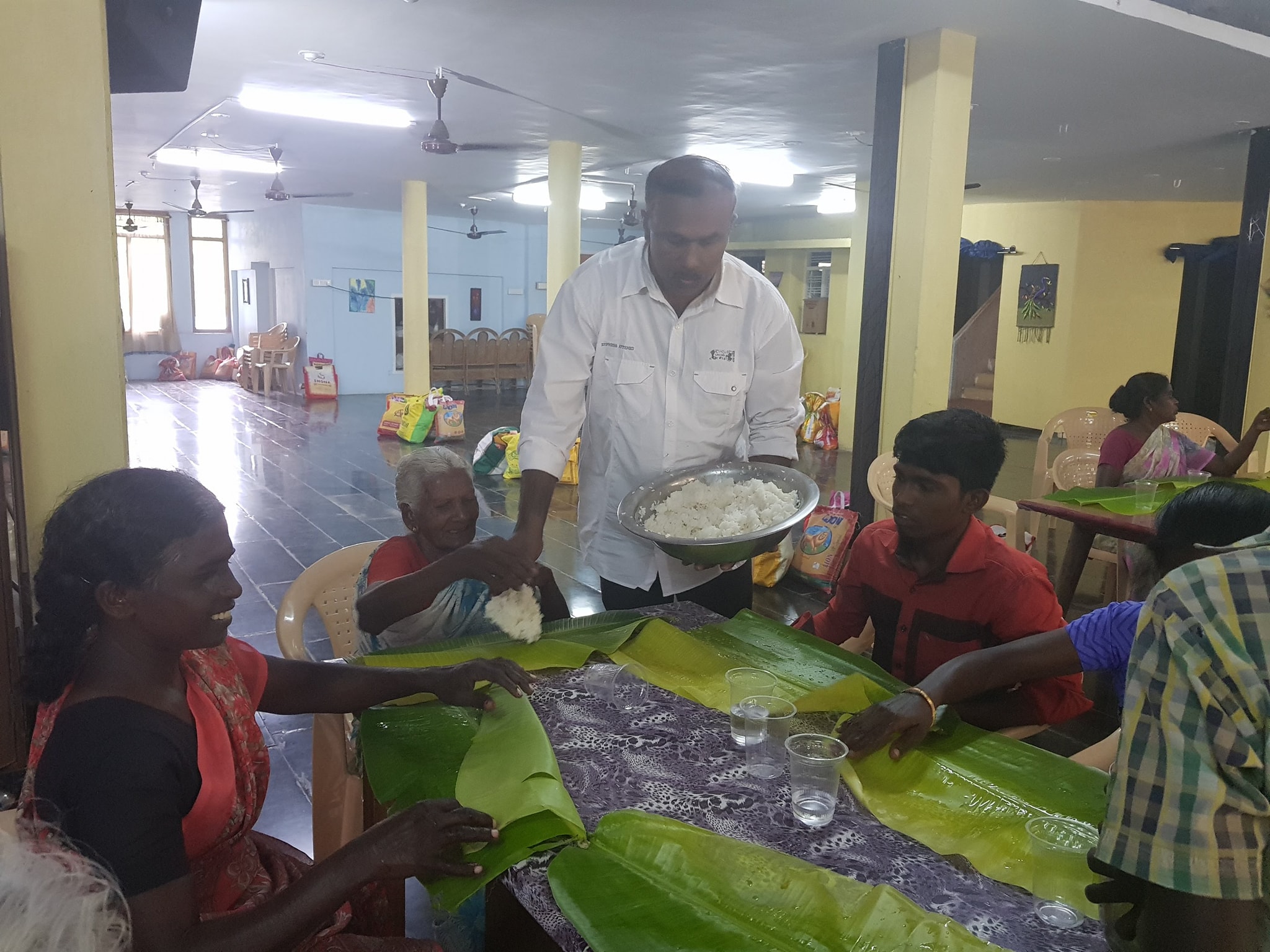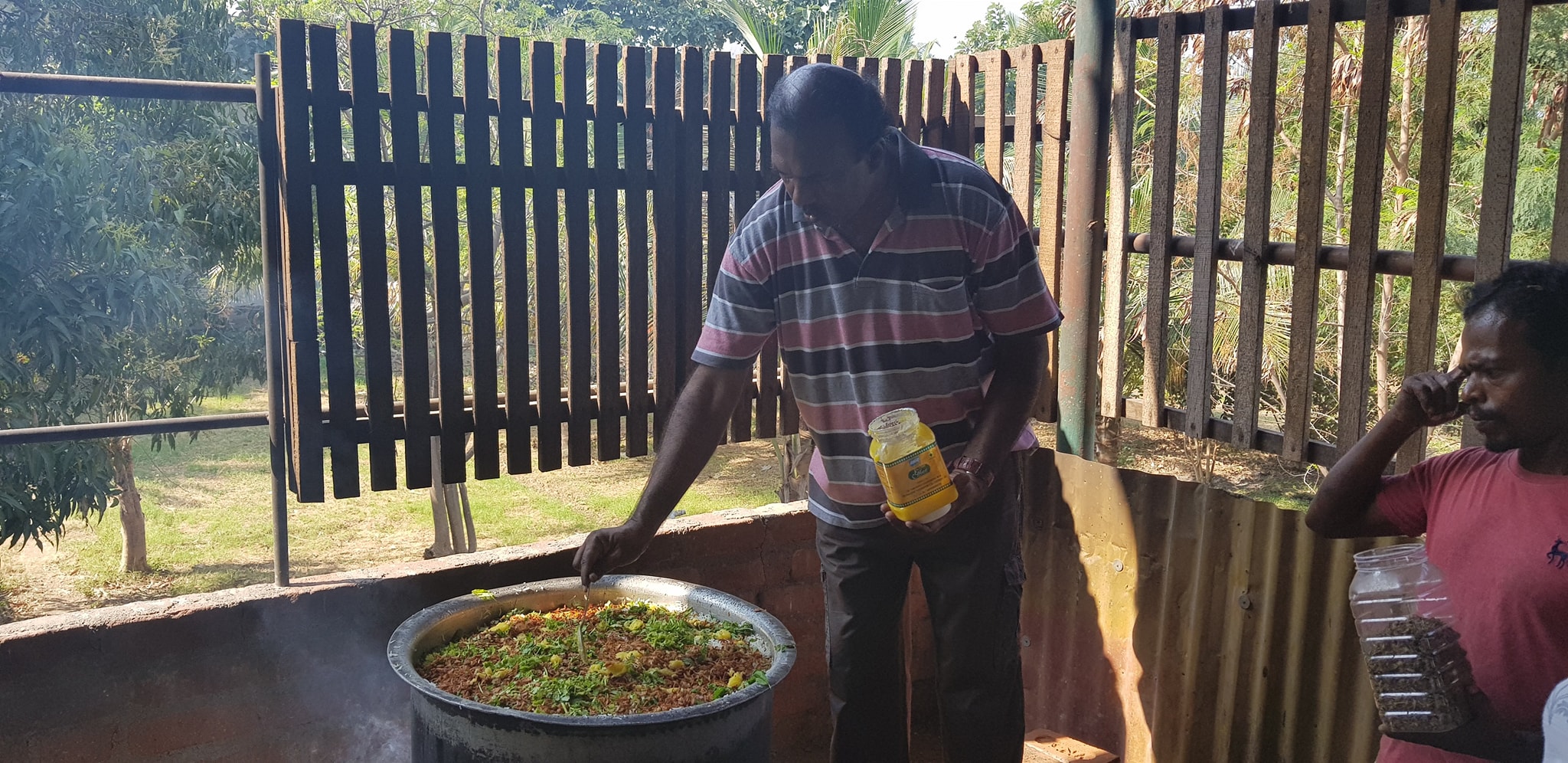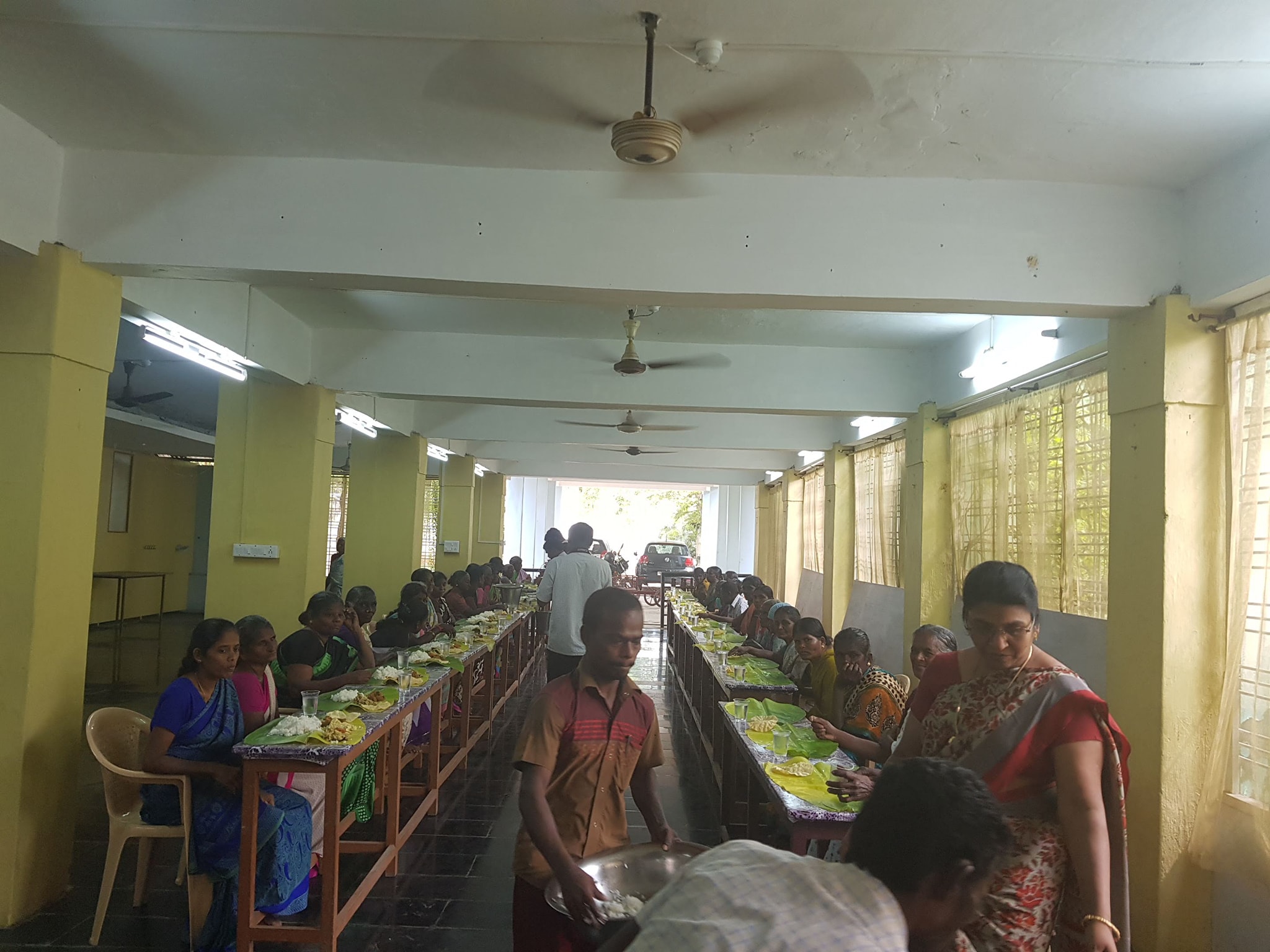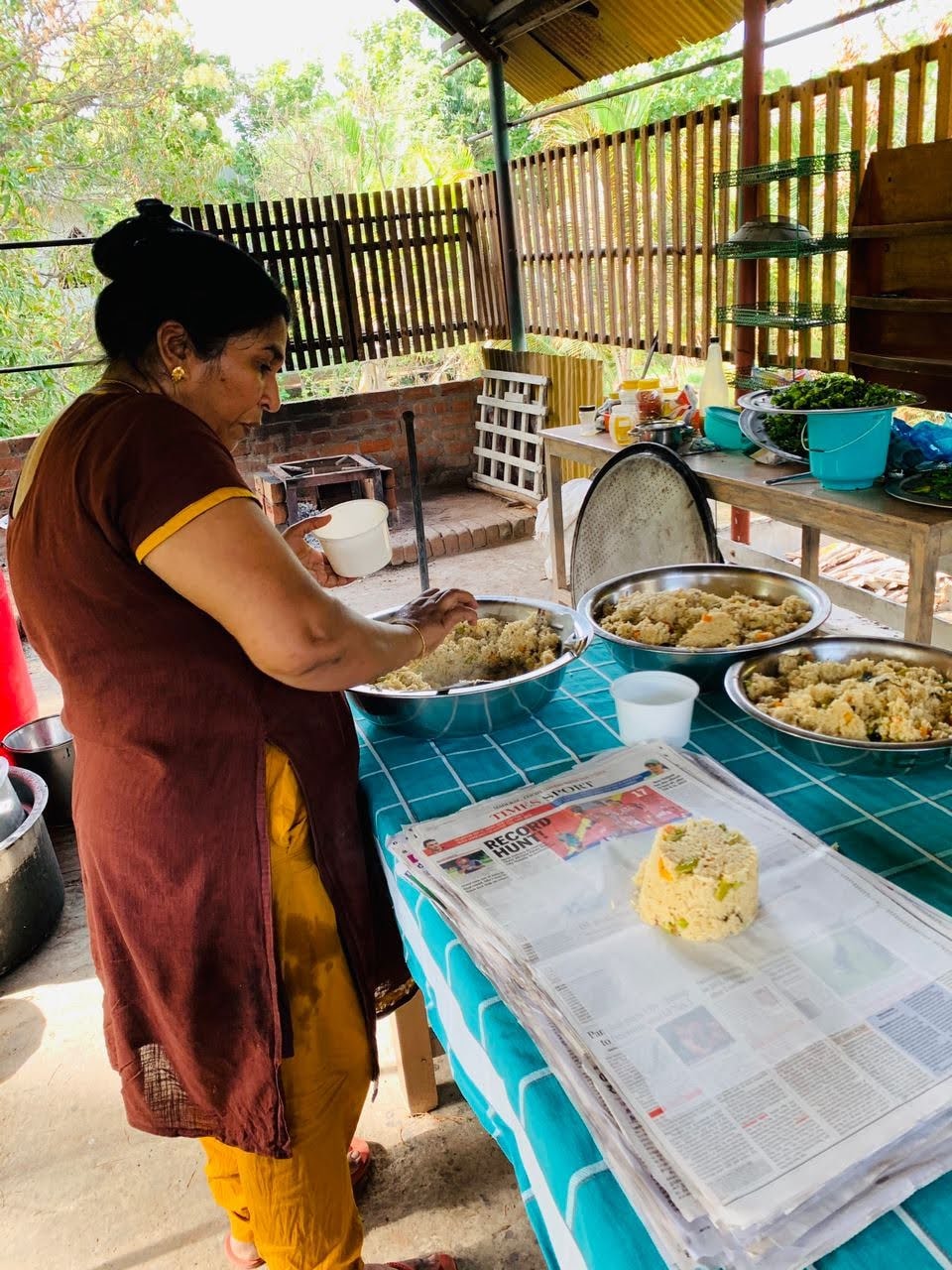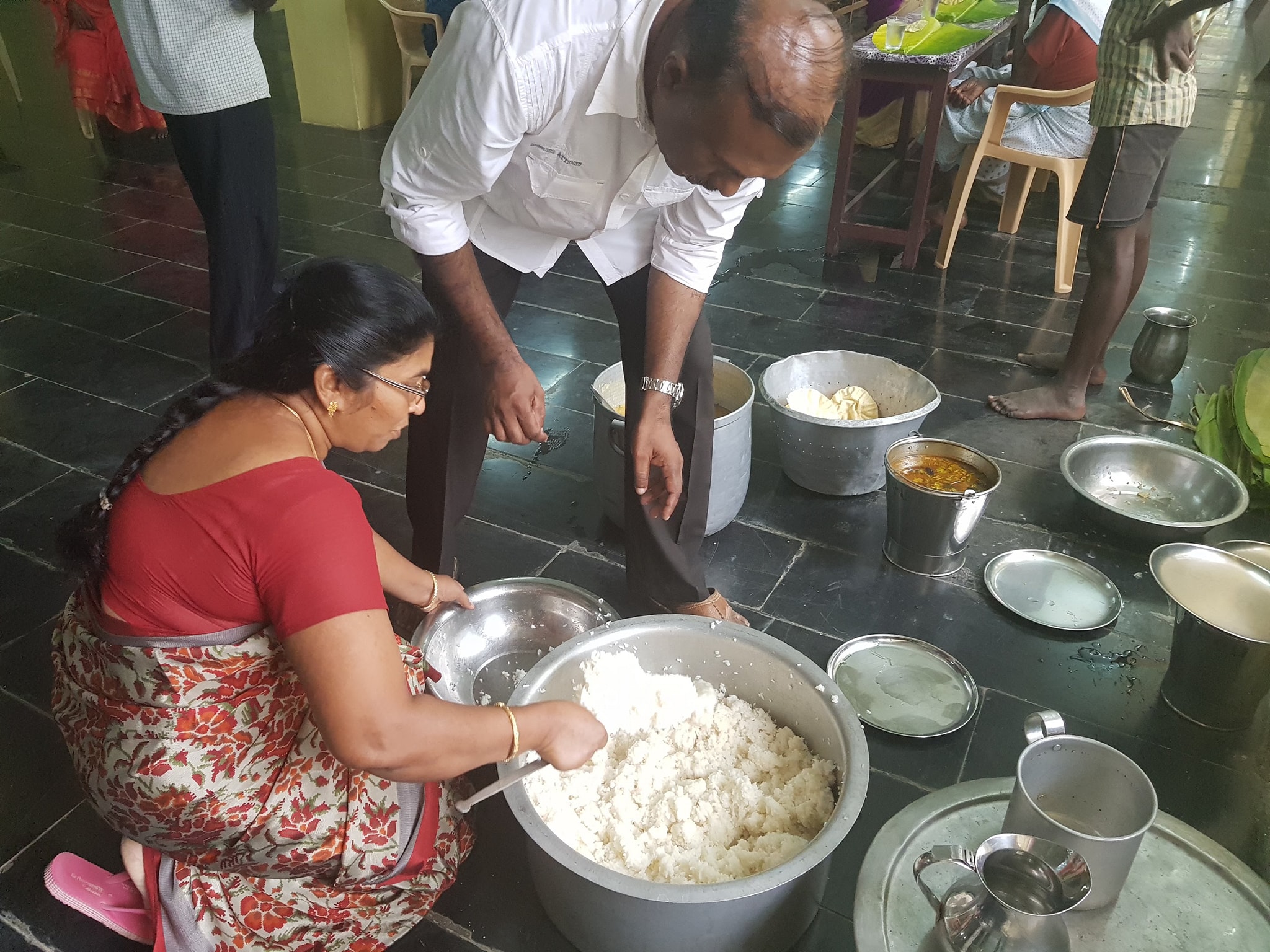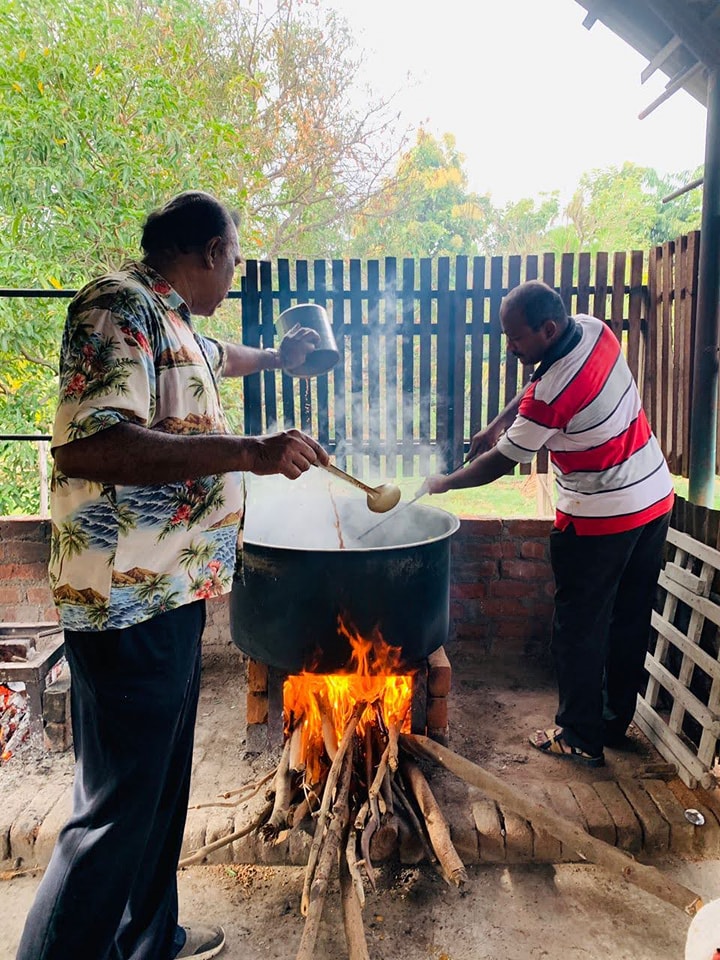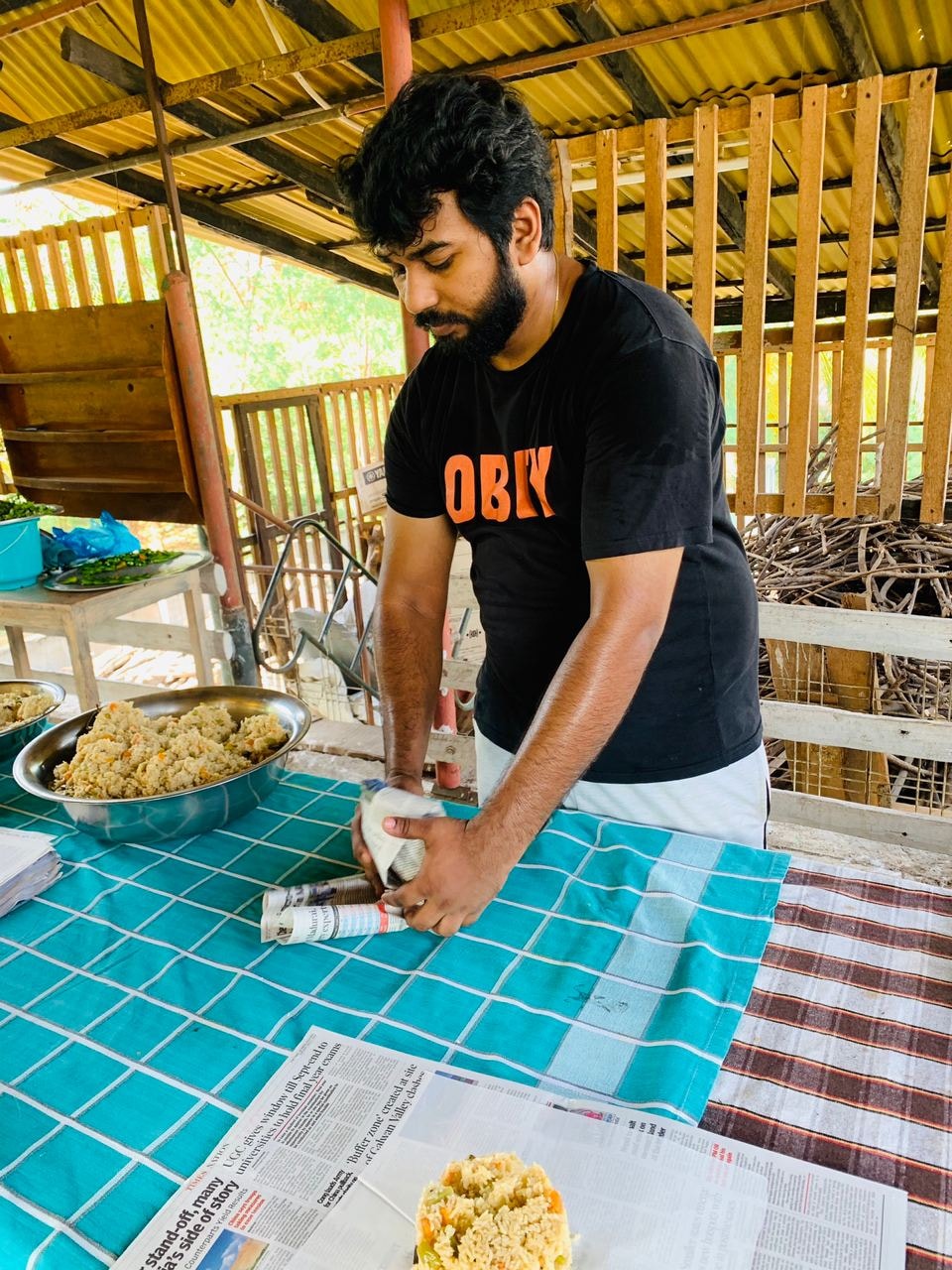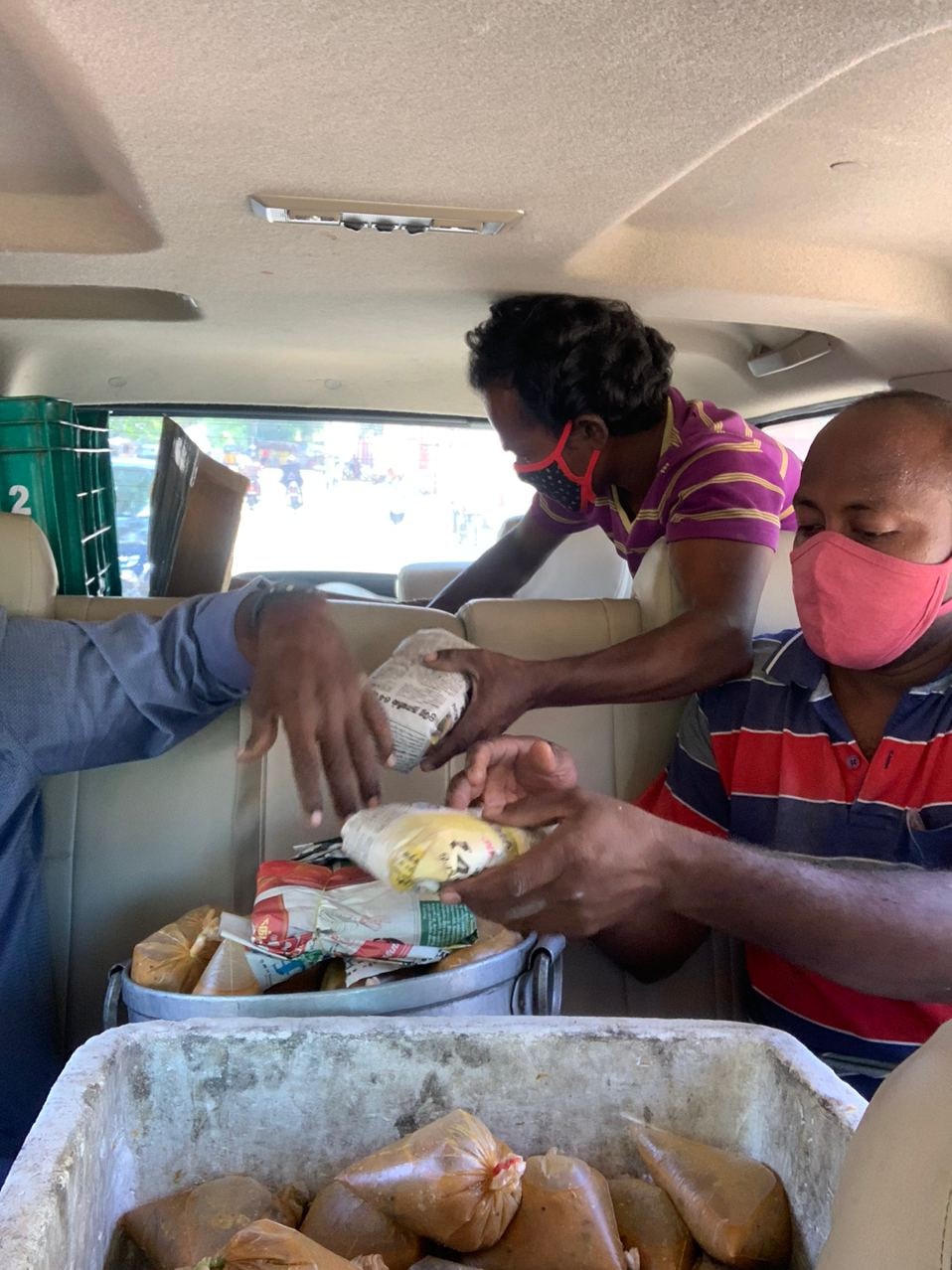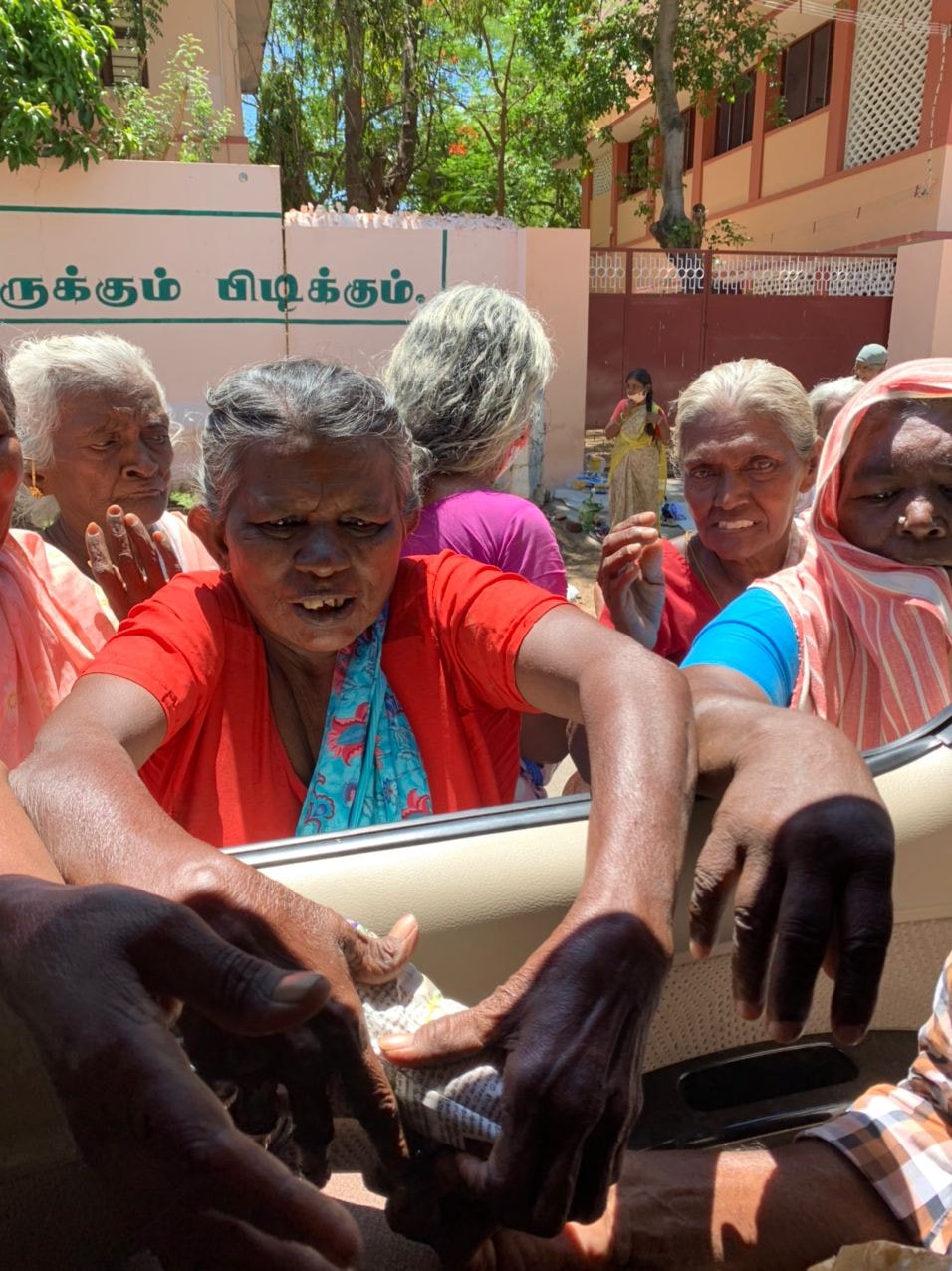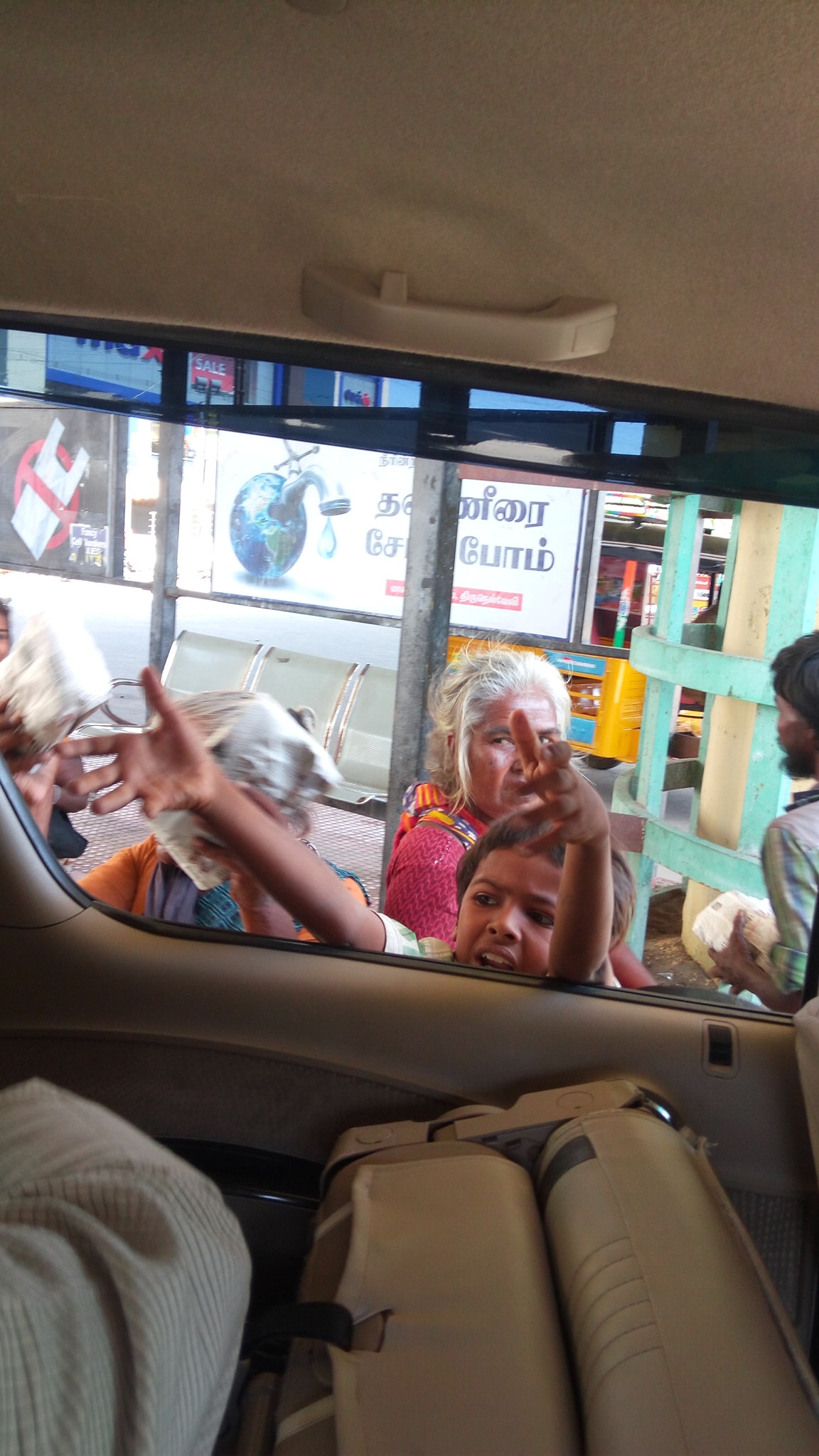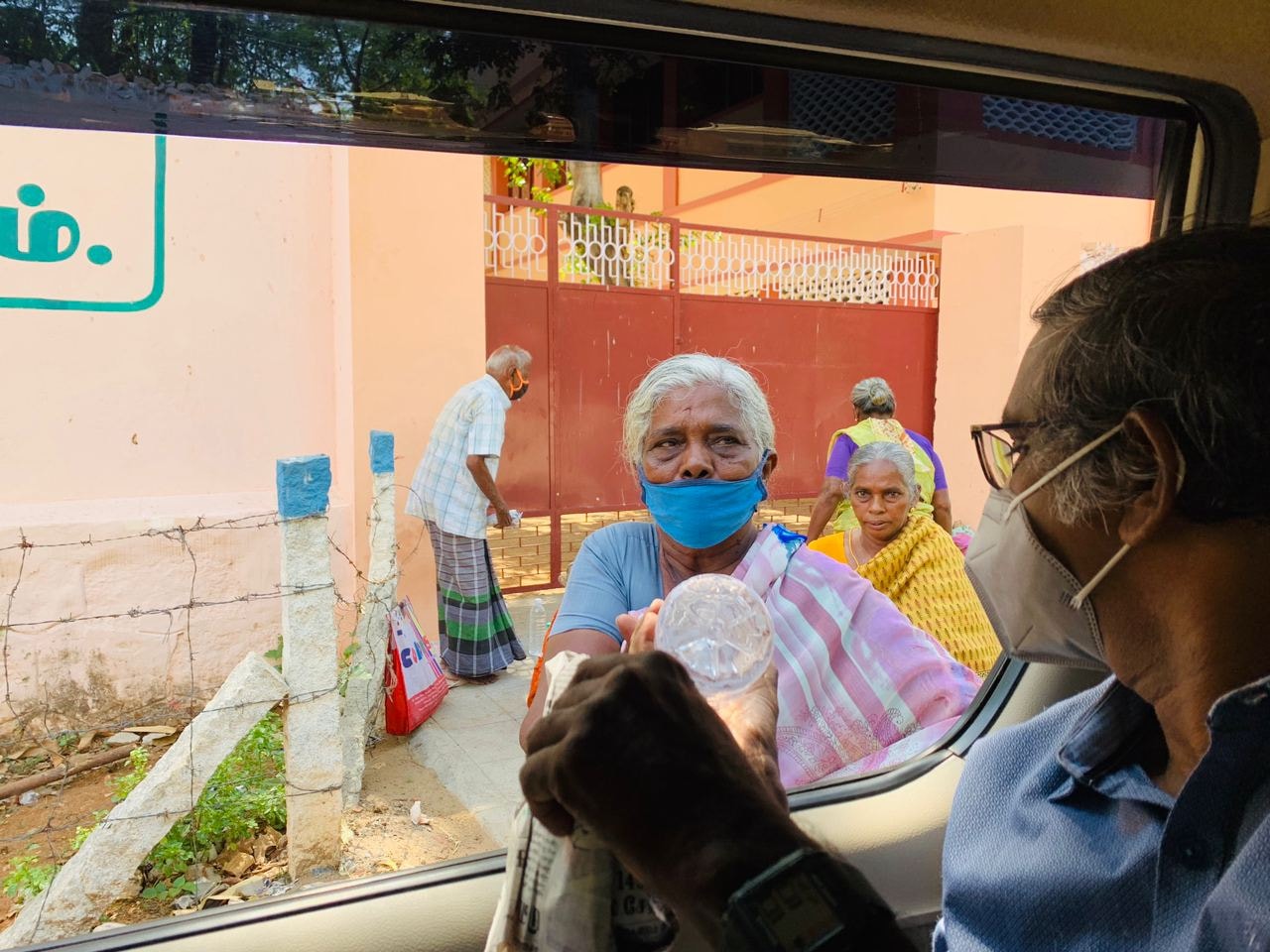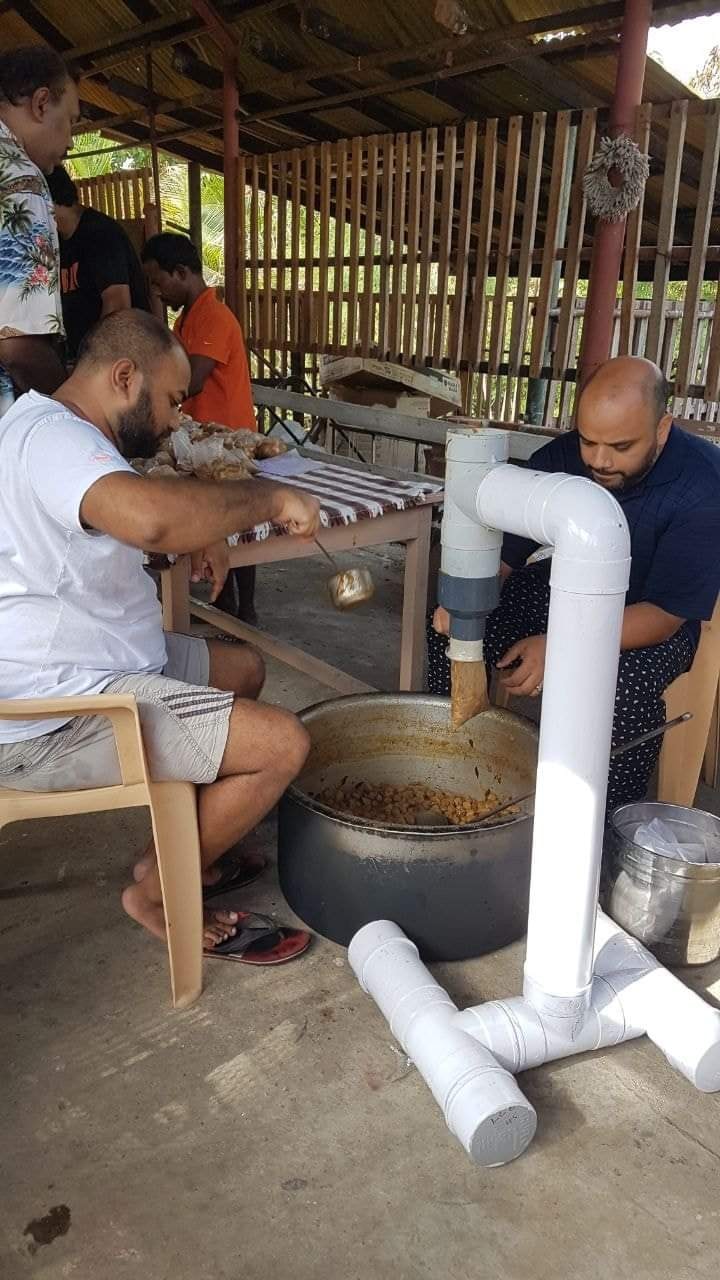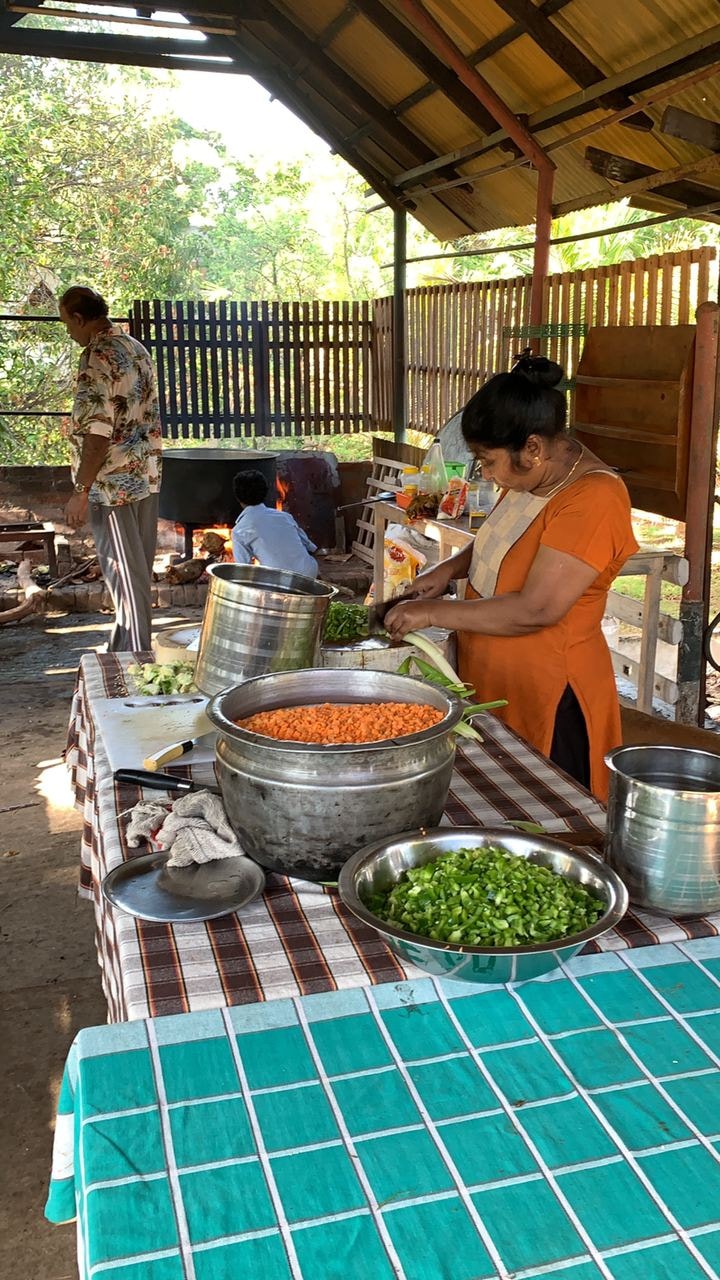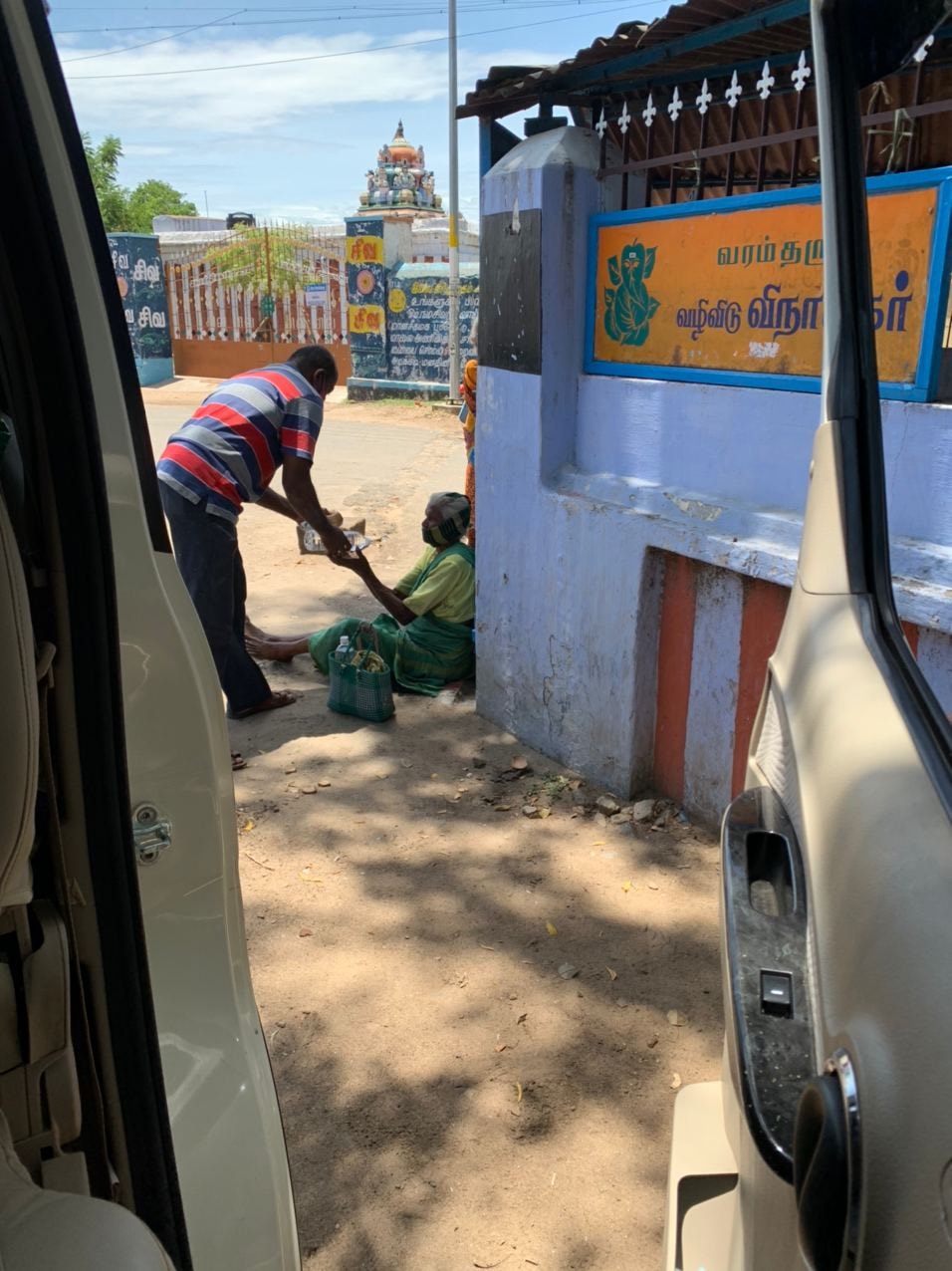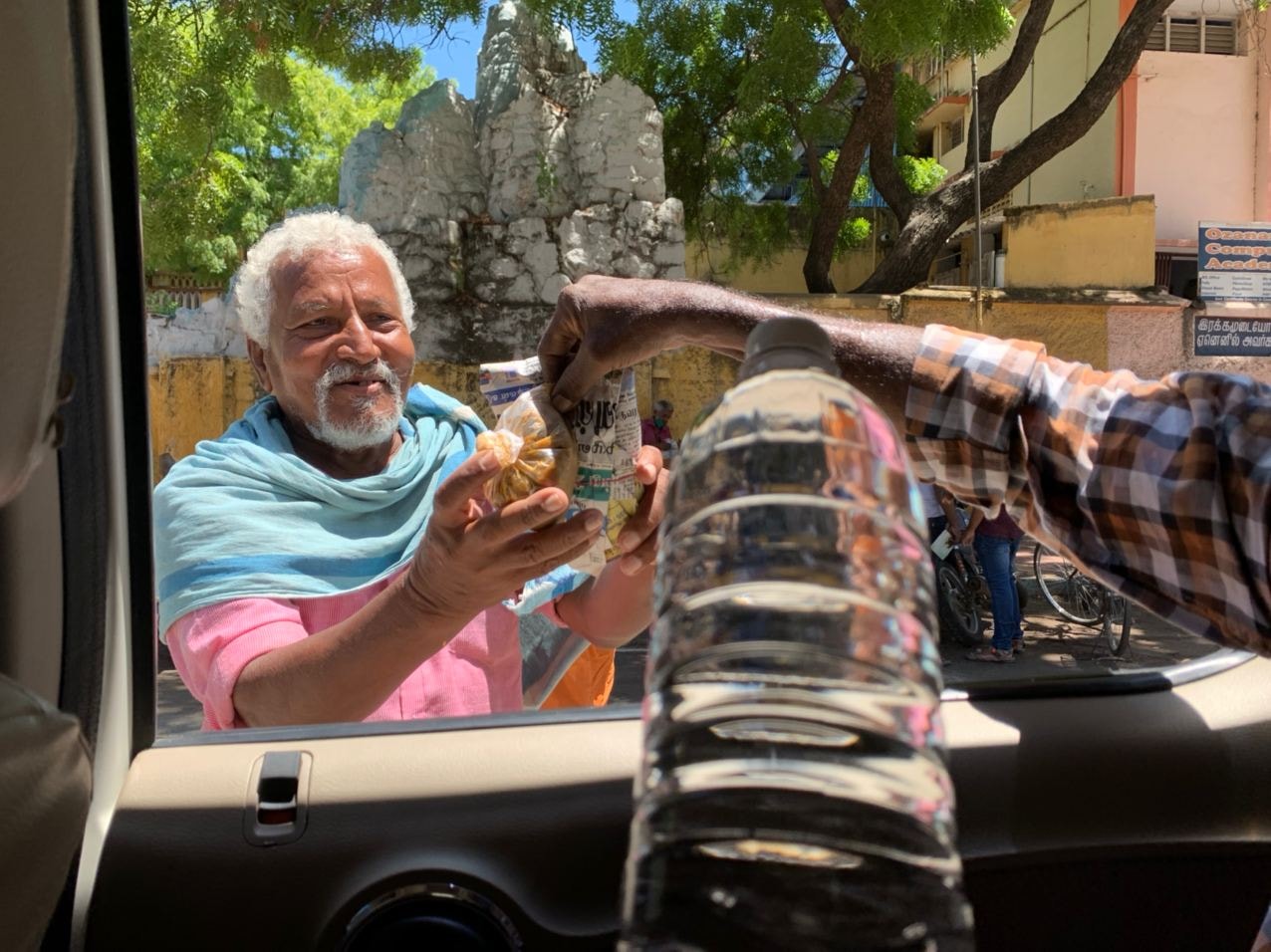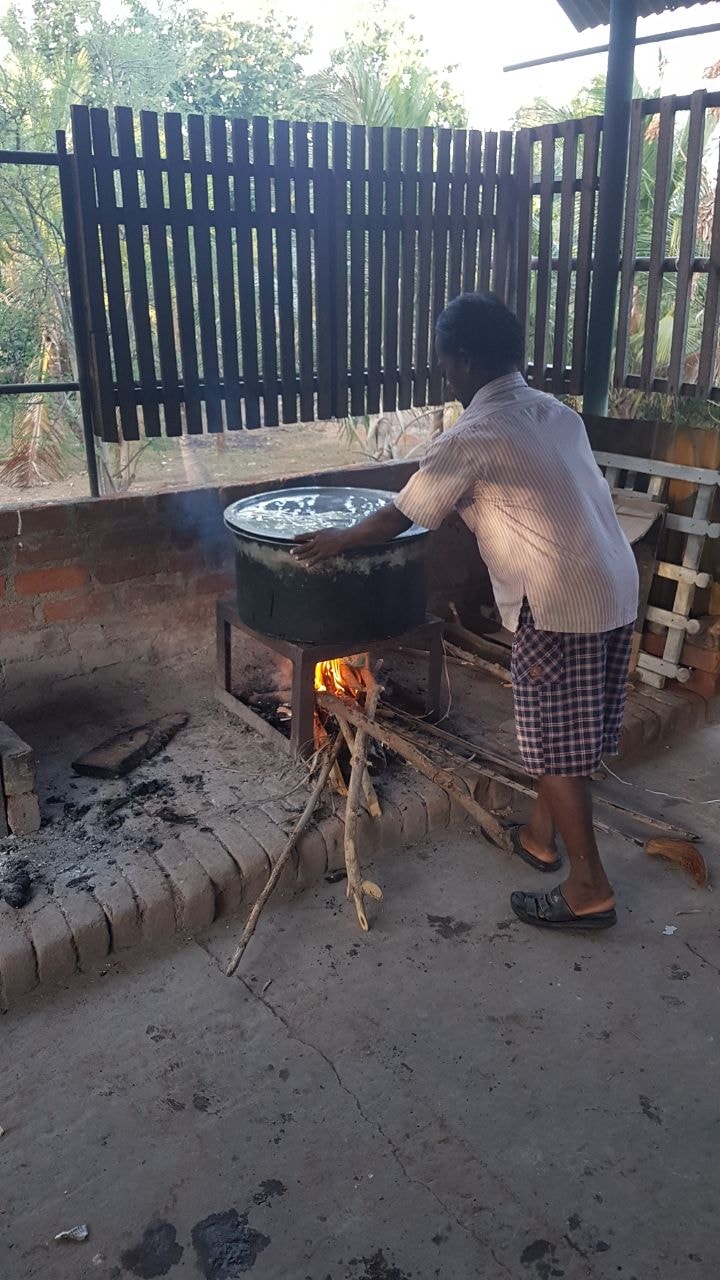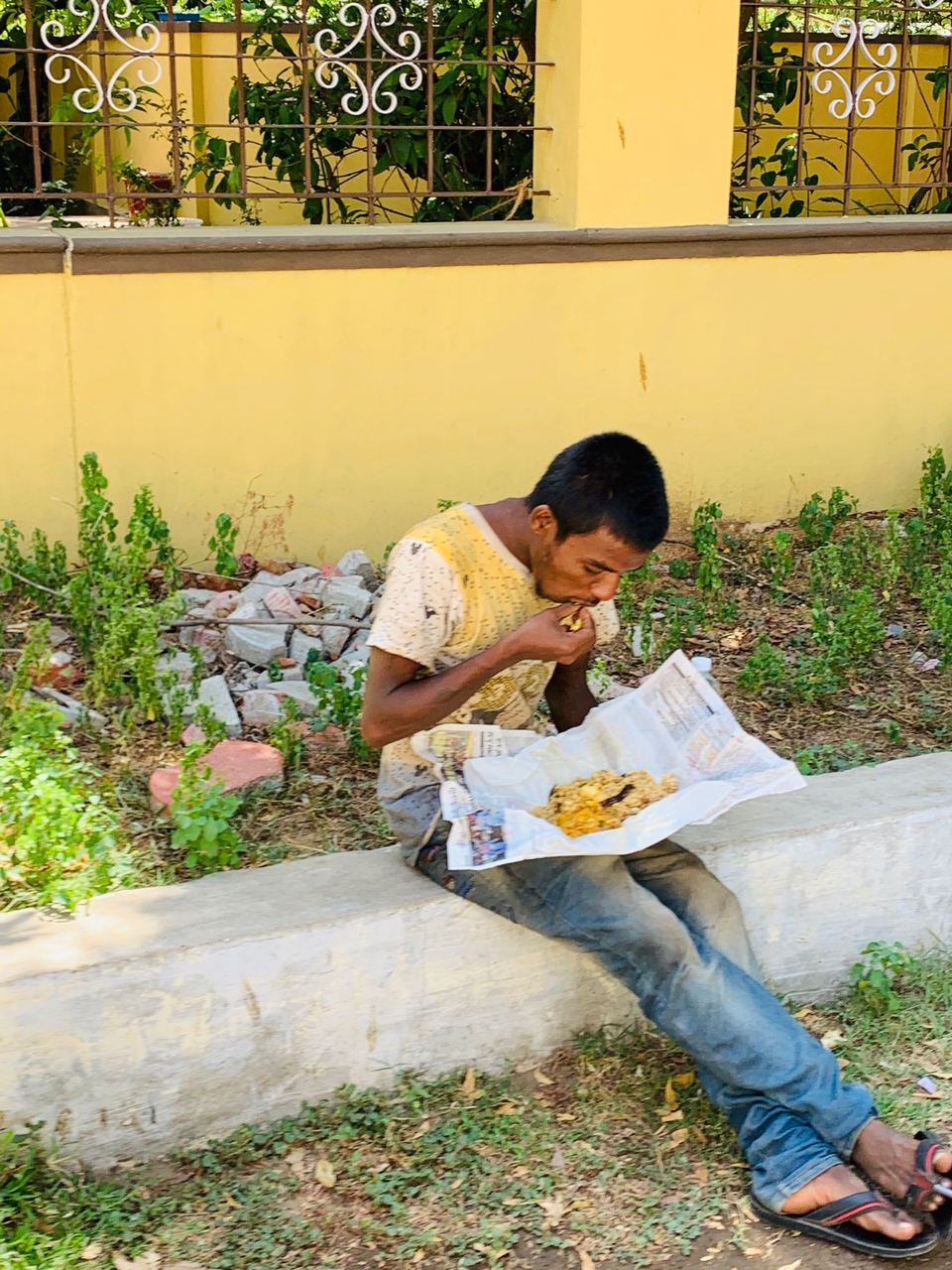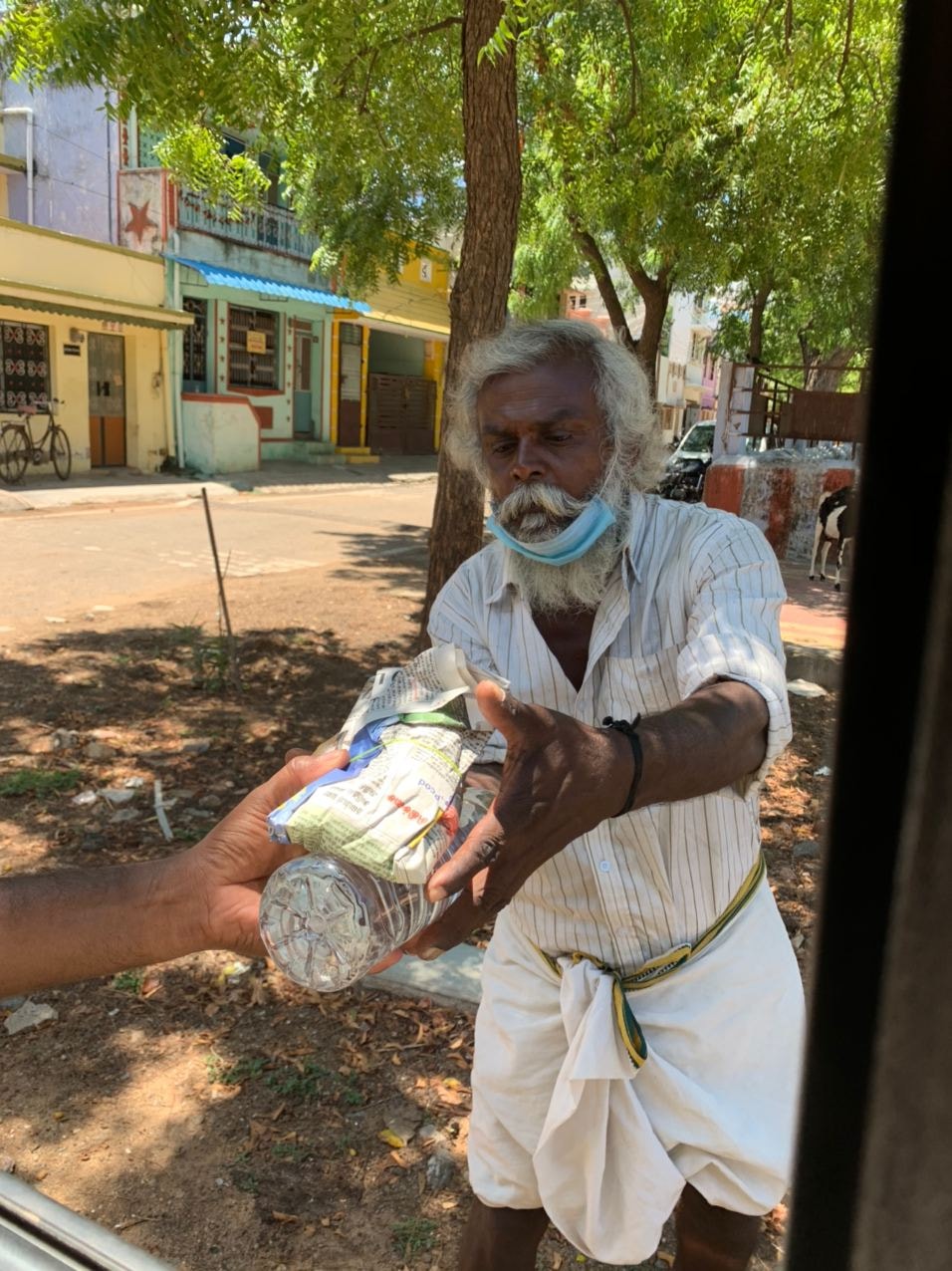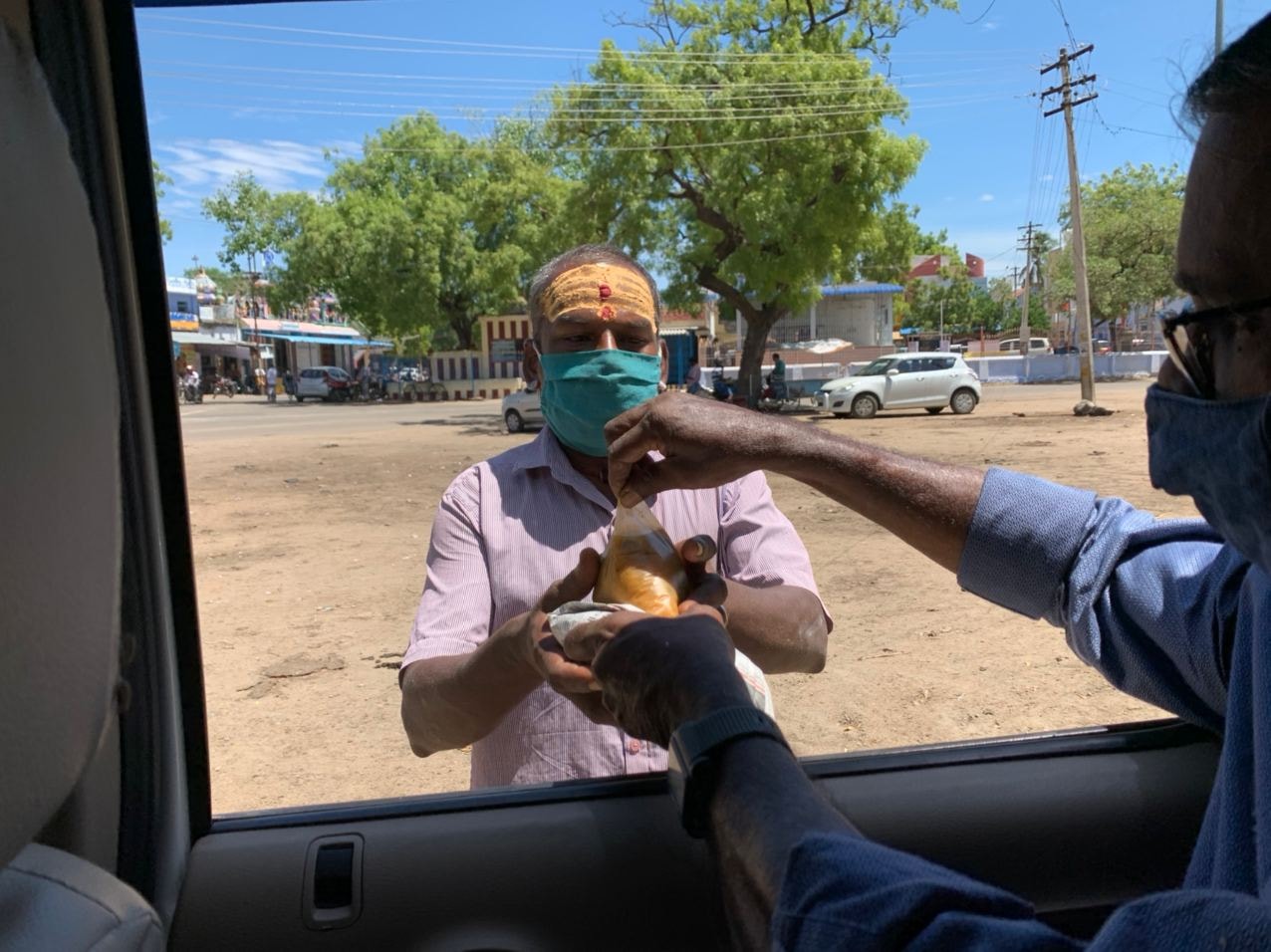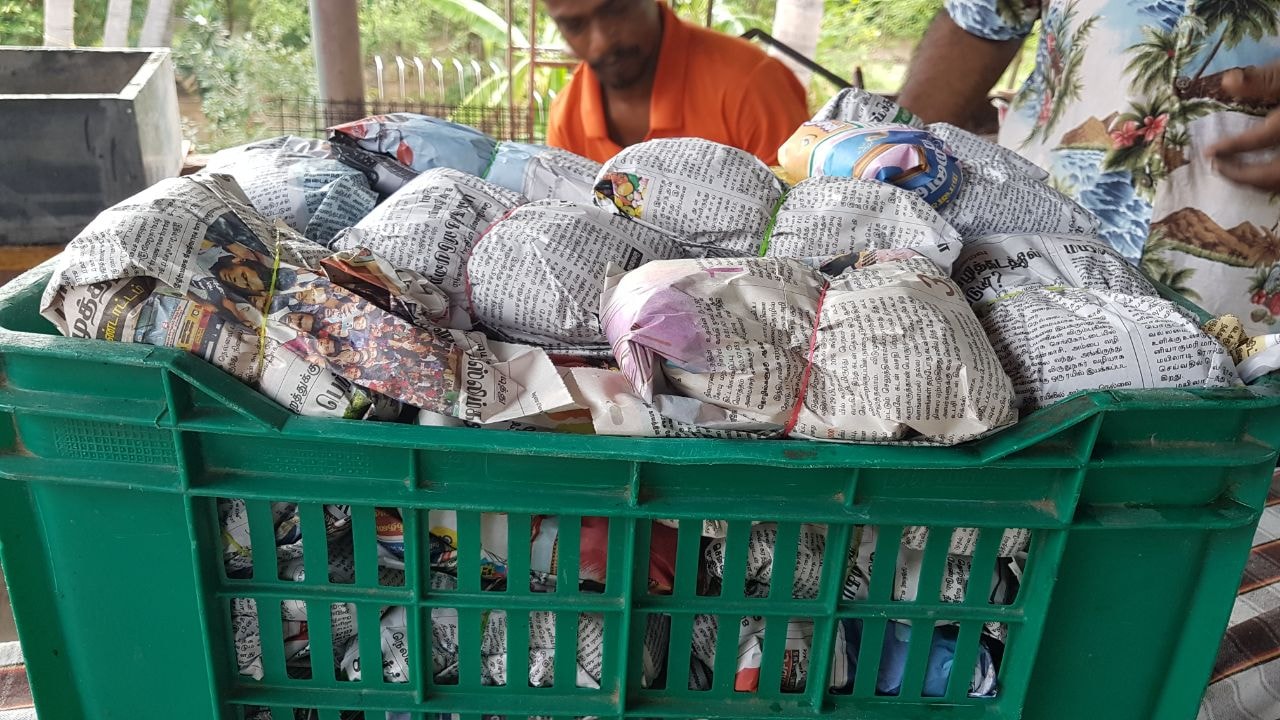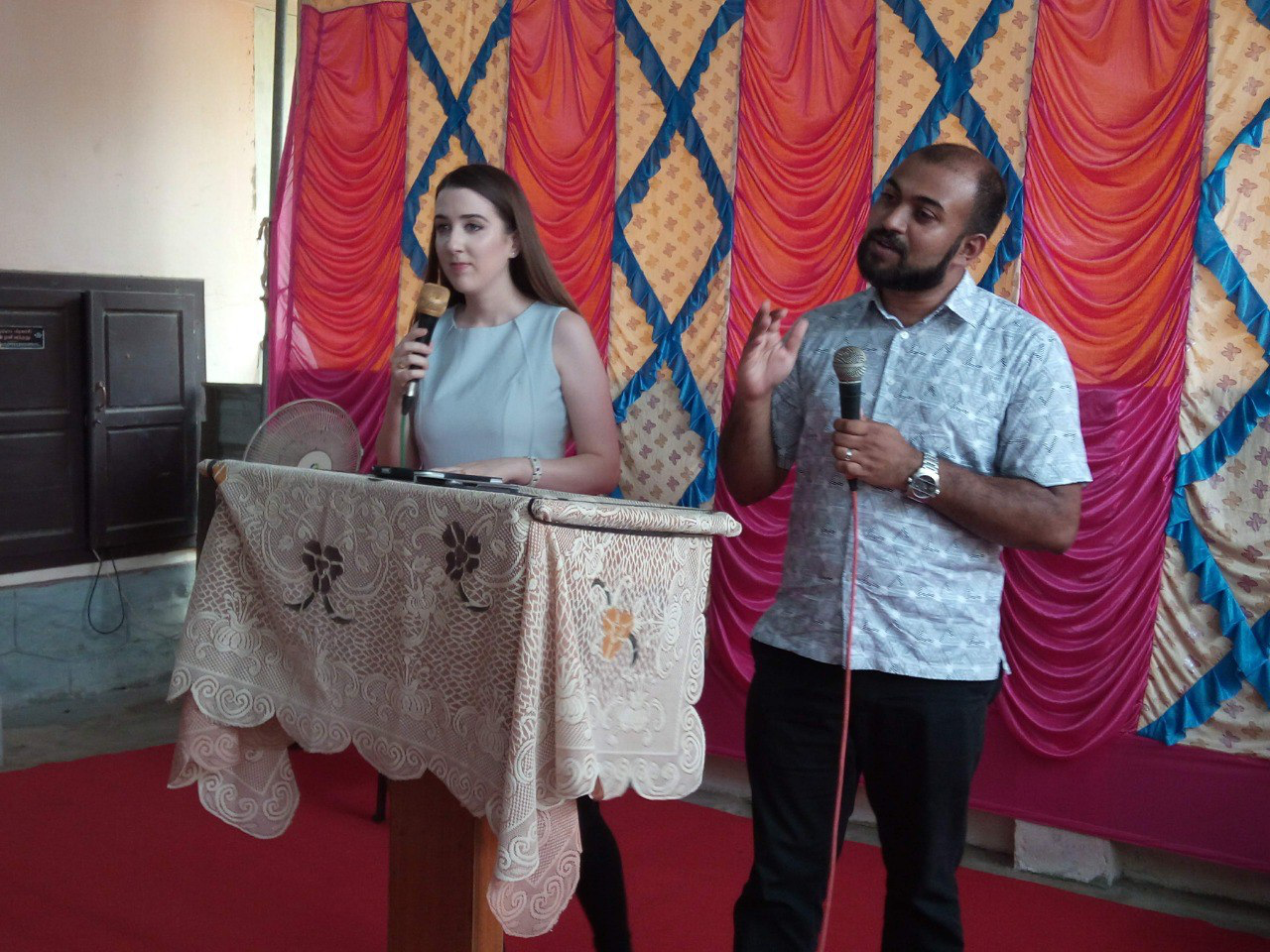India has a long history of poverty, inequality, and food scarcity. Colonialism, famines, and socio-economic disparities have contributed to the perpetuation of these issues. Post-independence, efforts were made by the Indian government and non-governmental organizations to address these challenges, but the scale of the problem remained substantial.
Christian missionaries have been present in India for centuries, and many have been involved in humanitarian and social development work alongside their religious activities. These efforts have included establishing schools, hospitals, orphanages, and shelters for the homeless.
One notable example is the work of Mother Teresa, a Catholic nun who founded the Missionaries of Charity in Kolkata in 1950. She and her organization focused on serving the “poorest of the poor,” providing food, shelter, and medical care to those in need. Mother Teresa’s work received international recognition and inspired many others to join in similar efforts.
Christian missionaries, along with various other organizations, have set up feeding programs to address hunger among the homeless and impoverished populations in India. These programs aim to provide nutritious meals to those who might not have regular access to food. They often work in collaboration with local communities, NGOs, and government agencies to maximize their impact.
These feeding programs are not limited to any particular religious group; rather, they are driven by the broader humanitarian goal of alleviating suffering. Many organizations, regardless of their religious affiliations, have recognized the need to address hunger and homelessness in India and have taken steps to provide support.
While the efforts of Christian missionaries and other organizations have made a positive impact, the challenges of hunger and homelessness in India remain deeply rooted. Structural issues such as poverty, lack of education, and inadequate healthcare contribute to the persistence of these problems. Additionally, cultural and religious diversity can sometimes lead to tensions and challenges in delivering aid.
In recent years, there has been a growing emphasis on comprehensive and sustainable solutions that address the root causes of hunger and homelessness, rather than just providing immediate relief. This includes initiatives focused on education, skill development, and economic empowerment to break the cycle of poverty.
The history of hunger and homelessness in India is a complex one, shaped by a range of historical, economic, and social factors. Christian missionaries, among others, have played a role in addressing these issues by establishing feeding programs and shelters. However, it’s important to recognize that the efforts to combat hunger and homelessness involve a wide array of organizations and individuals from different backgrounds, all working towards a common goal of creating a more equitable society.
Meeting Times
Please visit our Events section to find out more about the next worship service.
Schedule
Please visit our Events section to find out more about the next worship service.
Location
Please visit our Events section to find out more about the next worship service.
Every month, we have worship services on our campus in India. Our campus address is:
Jesus Comes
48-B, South. By-pass Road
Tirunelveli – 627005
Varghese
